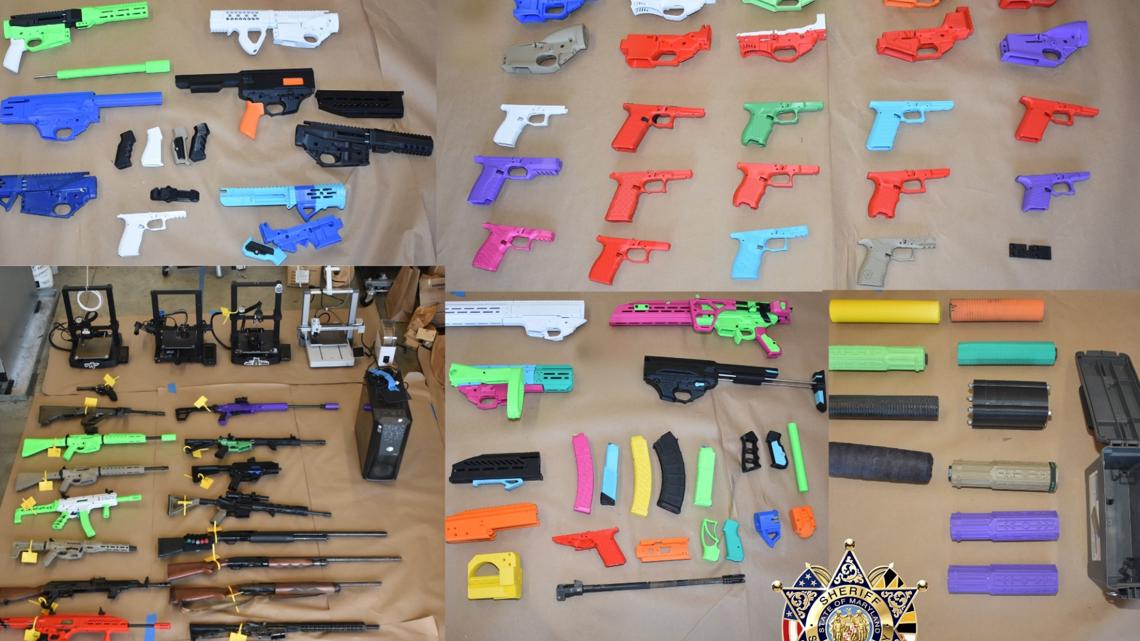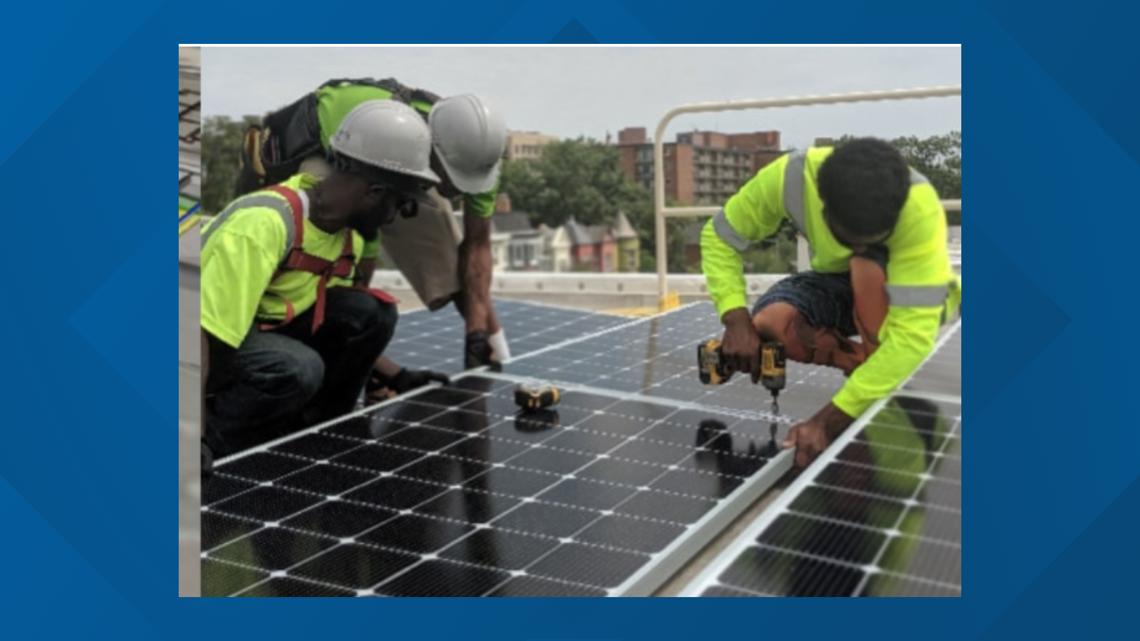The Consumer Financial Protection Bureau said BofA must pay back non-sufficient fund fees – similar to overdraft fees – that the bank illegally charged.


Federal watchdog agencies ordered Bank of America to pay out more than $250 million in fines and refunds for a series of deceptive practices, including illegally charging junk fees.
The Consumer Financial Protection Bureau revealed that between 2018 and 2022, the bank commonly charged its customers “non-sufficient fund” fees – similar to overdraft fees – multiple times for the same attempted transactions.
In addition to $150 million in fines, Bank of America will have to pay $80.4 million in refunds to customers who were charged these fees. CFPB estimates Bank of America will make $20 million more in payouts to customers in a separate case involving deceptive credit card practices.
VERIFY looked into who might receive these payments, and whether they have to make a claim to receive them.
THE QUESTION
Do Bank of America customers have to make a claim in order to receive a refund for illegal fees?
THE SOURCES
THE ANSWER
![]()
No, eligible customers do not have to file a claim in order to receive a refund for illegal fees. They will receive the refunds automatically by mid-November. Bank of America has been ordered to identify affected customers on its own and pay them via direct deposit or paper check.
WHAT WE FOUND
Often when companies are instructed to issue payments or refunds to a set of customers, it’s the result of the settlement in a class action lawsuit. In those instances, class members typically must file a claim themselves to receive their payment, though they may be contacted to be notified of their eligibility.
However, the Bank of America case is not a class action settlement. It’s an order from a federal regulator.
That order from the Consumer Financial Protection Bureau mandates that Bank of America refund $80.4 million worth of double-dipped fees. It says the bank must refund the fees by direct deposit into customer accounts wherever possible, and send paper checks to customers for whom direct deposit isn’t possible. Customers must also be given a notice explaining why they’re receiving the money.
The order, issued July 10, 2023, gives Bank of America 30 days to submit a plan for identifying and paying all the eligible customers. Once the CFPB approves the plan, the bank has 60 days to execute it.
That means if you’re eligible to receive a refund from this case, you should automatically receive the money and a notice by mid-November 2023.
The CFPB was founded in the aftermath of the 2008 financial crisis to provide a more powerful watchdog over banks, and it has the authority to pursue fines and other penalties against institutions that break the law or mislead consumers.
Those penalties can be the result of judgments in federal district court, or sometimes in a separate administrative court. In this instance, however, the penalties were part of a consent order rather than a judgment. Consent orders are similar to settlements in that the institution agrees to a set of conditions to avoid a lengthy court battle.
But whereas class action settlements are the result of lawsuits led by private law firms on behalf of a large group of citizens, regulatory consent orders are simply a binding agreement with the government to take – or stop taking – certain actions.
In the case of Bank of America, the ordered action is a refund.
The case revolves around “non-sufficient funds” fees, or NSF fees. They’re similar to overdraft fees, but with a key difference. Overdraft fees occur when a customer tries to purchase something but doesn’t have enough money, so the bank pays the difference and charges the customer later. With NSF fees, the bank doesn’t pay the difference and the purchase doesn’t go through, but the customer is charged a fee anyway.
Until 2022, Bank of America charged a $35 NSF fee for each attempted transaction. According to the CFPB, between 2018 and 2022 the bank made hundreds of millions of dollars off of these fees.
In a statement to VERIFY, a spokesperson for Bank of America said, “We voluntarily reduced overdraft fees and eliminated all non-sufficient fund fees in the first half of 2022. As a result of these industry leading changes, revenue from these fees has dropped more than 90 percent.”
The fees themselves, while criticized by the CFPB for the harm they pose to customers, have not been found to be illegal. However, the CFPB says for years Bank of America practiced “double-dipping.”
Sometimes, a customer with insufficient funds would attempt a transaction. It would fail, and the customer would be charged the NSF fee. But then the customer – or whoever the customer was attempting to purchase from – would run their card again, at which point Bank of America would charge another $35 for the same transaction.
CFPB says this practice violated consumer protection laws because it serves no purpose other than generating revenue for the bank, and the consumer has no way of preventing the repeat fees from being charged. For instance, if a monthly subscription service tried to charge the customer twice, they would be issued two fees despite having no control over how many times the service provider attempted the transaction.
The VERIFY team works to separate fact from fiction so that you can understand what is true and false. Please consider subscribing to our daily newsletter, text alerts and our YouTube channel. You can also follow us on Snapchat, Twitter, Instagram, Facebook and TikTok. Learn More »
Follow Us
Want something VERIFIED?
Text: 202-410-8808
.png)









 English (US) ·
English (US) ·